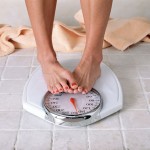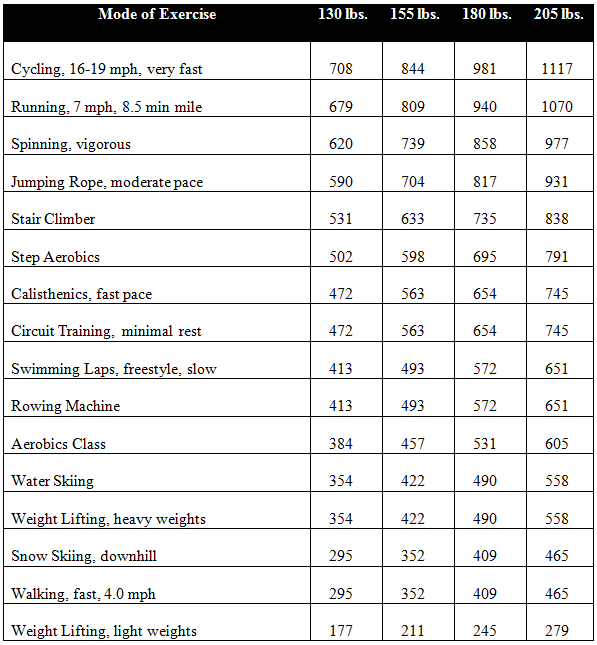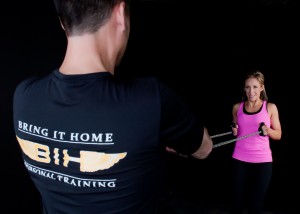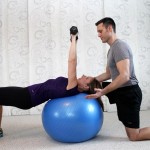The following tips are just a few ways to shed pounds within a few weeks. However, following these tips alone is not enough to maintain a healthy lifestyle. In addition to these tips, you must exercise regularly. Consistent healthy eating, decreased daily calorie intake, and daily exercise will certainly help you to lose body fat, decrease your overall body weight, and firm up your muscles. When exercising, be sure to incorporate all components of physical fitness into your workout. Not only will these components of physical fitness help you to lose weight, they will help you to get through your daily activities without being exhausted at the end of the day.
- Portion Control – Try eating 5-6 smaller meals throughout the day. This may help to keep your metabolism higher. Three large meals in a day can be higher in calories and can be more difficult for your body to burn these calories up.
- Do not starve yourself – Your body can actually hold on to fat and go into “starvation mode”.
- Eat food slowly – This can have the effect of making you feel satisfied sooner, helping to consume less food and fewer calories.
- Reduce your intake of refined sugar and refined flour products – Substitute these with whole grain and multi-grain products.
- Limit use of sauces, dressings, and creams – Always ask for it “on the side”.
- Do not go grocery shopping when hungry – People tend to buy junkie snacks and unhealthy foods when they are wanting to eat.
- Avoid eating fried foods – Instead of frying foods when cooking, try to bake, broil, or grill.
- Try to cook without adding butter, margarine, or oils – These can add a lot of unwanted calories.
- Always start the day with a healthy breakfast that includes complex carbohydrates and lean protein – Breakfast will boost your metabolism and keep your energy high and hunger low throughout the day.
- If trying to loose weight/body fat, try reducing your caloric intake by 500 kcal per day – 3,500 kcal equals one pound of fat. So if you cut out 500 kcal every day for 7 days, you can loose one pound in one week.
- Keeping a food diary can help to reduce your weight – Keeping track of calorie consumption has been proven to be effective in weight reduction and loss of body fat.
- Have a support group – Talk to close friends and family about your plans for losing weight. They will be there for you!
- Water is best – Avoid soft drinks and juice. These are high in calories and sugar. Your body is approximately 80% water. Drink up.
- Alcohol contains a lot of empty calories and interferes with proper physiological functions of the body. Drink alcohol in moderation or preferably cut it out until you reach your goal.
- A positive lifestyle change rather than a crash diet is most successful in losing weight. Exercise, healthy eating, and motivation will help you reach your goals.










